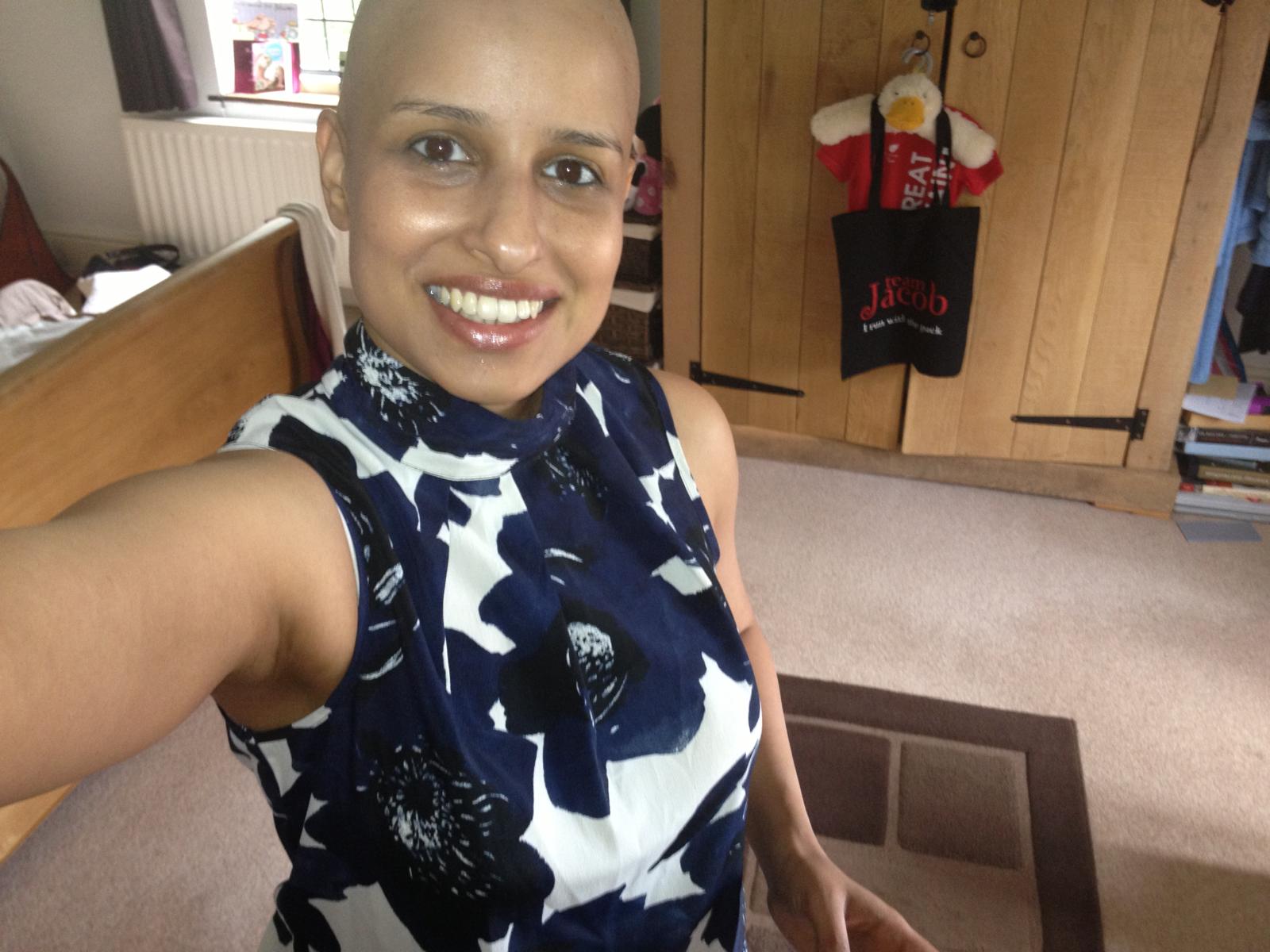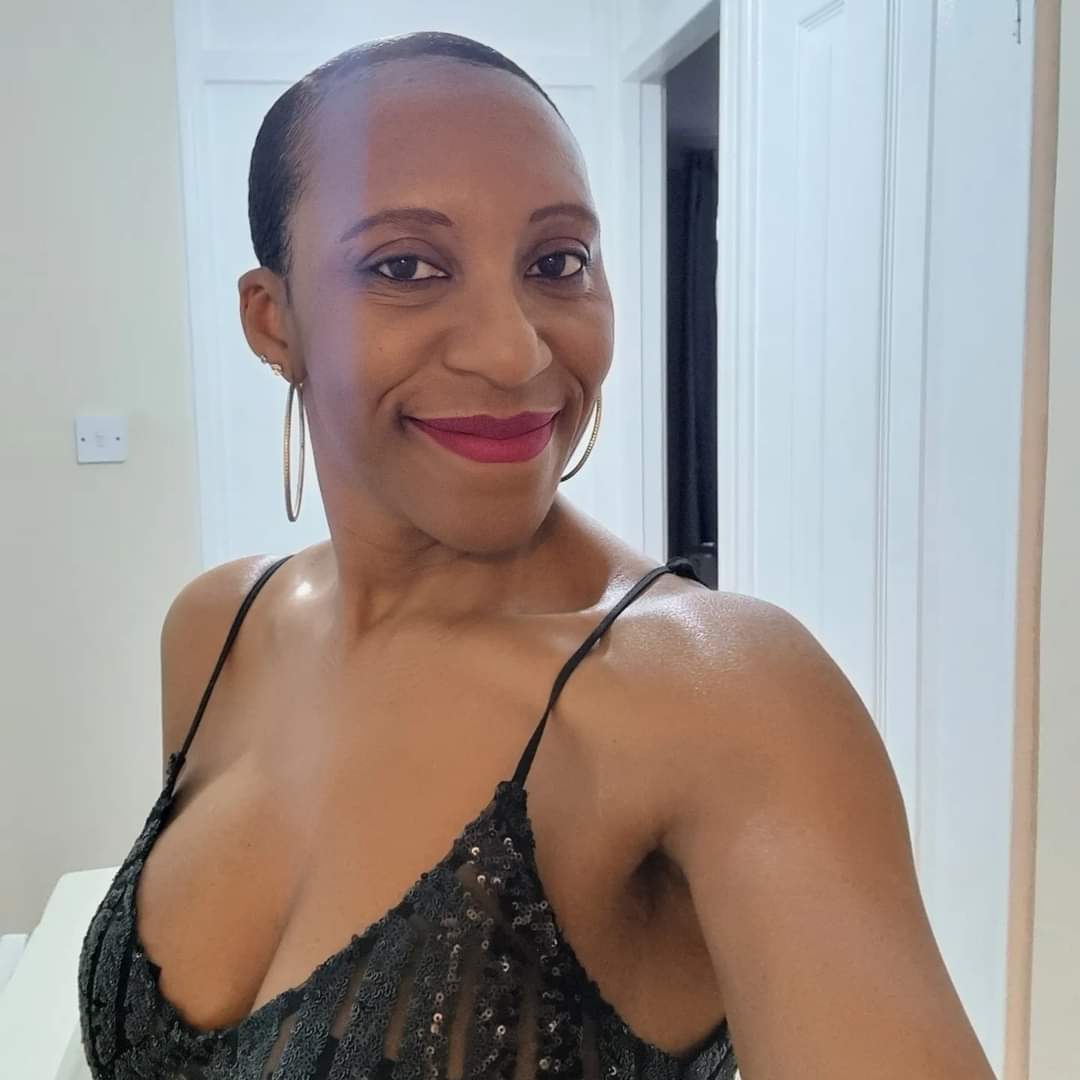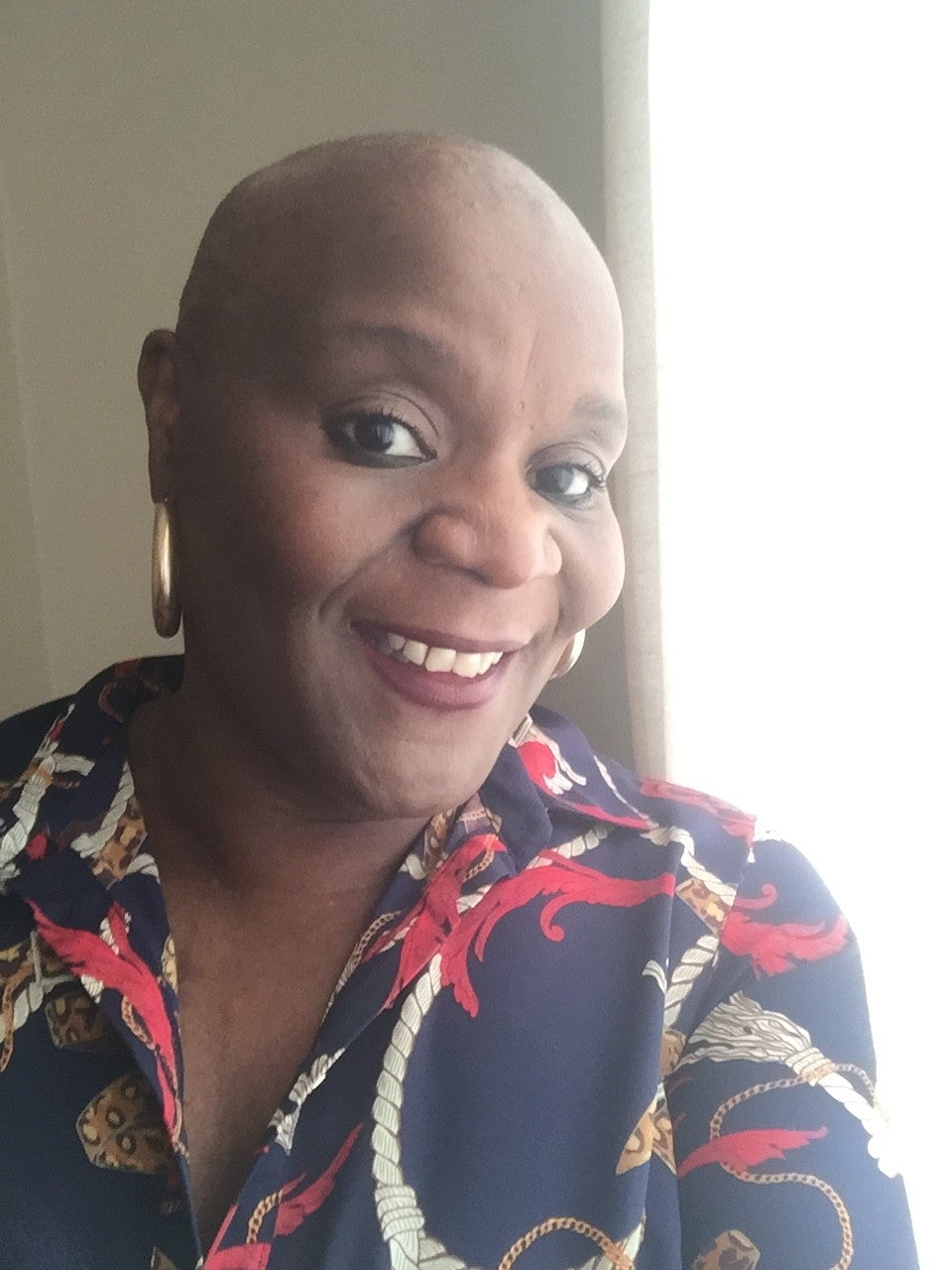‘I was given a pink prosthetic breast that did not match my skin tone’
Exclusive: Campaigners tell Maya Oppenheim women of colour routinely have to ‘plead’ or wait a long time to get a prosthetic implant that matches their skin tone and are often told nothing is available


Dee Mattoo, who was diagnosed with breast cancer 11 years ago at the age of 33, felt anxious about wearing certain clothes after being given a prosthetic implant to wear.
That was because it was pink and designed for a white patient, looking very different from her own skin tone.
Ms Mattoo, who lives in south Birmingham, said: “It hit me when I would be wearing something and the actual thing would fall out and it would gape and be obvious – then you think I can’t wear what I want to wear.”
The 45-year-old, who is on cancer medication, said she would have had better mental health if she had been given the right breast prosthesis as she recounted how there had been no mention of the colour and only talk of matching the size and shape.
“I would put it down to ignorance,” she added. “I see it as prejudice in a way – people not being respected when some parts of their body are being removed.”
Her story comes as The Independent has learnt female cancer patients from Black and minority ethnic backgrounds are being given wigs designed for white women and prosthetic breasts which do not match their skin colour.
Campaigners warn that women of colour routinely have to “plead” or wait a long time to get a prosthesis that matches their skin tone and are often told nothing is available – with the lack of resources harming their mental health.
Cancer survivors with first-hand experience of the issue who spoke to The Independent in a series of interviews blamed the problem on a combination of ignorance, legacies of institutional racism, prejudice and unconscious bias.

Charlotte Crowl, project lead at Black Women Rising, which campaigns on this issue, said: “If a wig or prosthesis is offered to match someone’s colour or hair for one race, it should be offered to all races.”
Ms Crowl said the Royal Marsden, which has a hospital in London and Surrey, is the only place she knows with a variety of sized prostheses for women of colour, adding that other places may have prosthetics but of limited sizes, options and colours.
“If you have a woman of colour who is your breast cancer nurse, you have more opportunity of getting the right prosthetic,” she added.
“If you are outside of London, there is less chance you can get a prosthesis of colour. In the UK, I just don’t think women of colour or people of colour are put at the same level of need as their counterparts when it comes to healthcare.”
She said she does not know of any hospitals that offer the correct wigs or the right texture of hair for Black women. She has called for more options to be provided.
“If you have lymphoedema, they give you a sleeve to put over your arms to help with the swelling,” Ms Crowl added. “The only sleeve colour options are nude to match white skin or Black and nothing in between. I’ve only heard of one lymphoedema clinic that has provided a sleeve to match a woman’s skin tone which was a brown tone.”
Melanie Bastien, from south London, said she was diagnosed with stage 3 breast cancer in October 2018. She had two tumours in her breast.
The 52-year-old, who had 18 months of treatment which finished in February 2020, explained she was never given a prosthesis due to having a reconstruction straight away but did encounter problems with wigs.
“My hair started falling out after my very first chemo because my cancer was so aggressive – my drugs were very strong,” she added.
Ms Bastien then recounted being sent to the Macmillan Centre in King's College Hospital where a woman told her: “We don’t get many wigs for Black women – when we do, they go very fast’.”

She added: “She rummaged through drawers and cabinets. She said ‘I think this one might be OK’. It was a mousy blonde bob wig. She pulled a funny face. She knew it wasn’t acceptable or representative of me. She was very blase.”
Ms Bastien recalled asking for another wig but being told nothing was available – adding that she wondered how she would cope with people seeing her with no hair.
“I felt really low,” she added. “I felt disheartened. I just felt depressed. I thought ‘What am I going to look like? Will I be the same after this?' It made me question everything.”
Ms Bastien, who is in remission now, said she chose to forgo a wig in the end.
“More Black women are being diagnosed and dying from breast cancer so you would think there would be some kind of equal opportunity,” she added. “It makes you feel like you don’t count and our voices don’t count and we do.”

Steven McIntosh, of Macmillan Cancer Support, said: “The experience talked about here by Melanie Bastien is unacceptable, and this story demonstrates that too many Black women continue to have their cancer journeys made even more difficult without the right care and support.
“That includes limited choices of appropriate wigs and prostheses, and can even mean not getting diagnosed or treated quickly enough.”
He said the organisation has been working to address racial disparities faced by cancer patients, adding that the NHS, Macmillan and cancer care organisations must “work harder to ensure our services and advice are always accessible and appropriate”.
Mr McIntosh added: “We’ve made some progress but there is much more to do and we can’t do it alone. The voices of people affected are essential if we want to make meaningful changes.”
Sophia Jones, a campaigner for Macmillan Cancer Support who was diagnosed with breast cancer in February 2019, said she was given a free token for a specific wig company with which her hospital has a partnership, but it sold no wigs suitable for her.
“They only had one afro and it was grey,” the 55-year-old, who is of Jamaican heritage, added. “I said, ‘This one but if you have it in Black’. They said, ‘Come back in a few weeks and you can have the Black afro’.
“I went back, I was quite excited and it literally was a straight auburn wig for a caucasian woman. A man said I could curl it.”
Ms Jones, who lives in north London and is now cancer-free, said she ended up going to buy some wigs with her own money.
“I can laugh about it now but I was disappointed and a bit let down,” she added. “I was very shocked. It’s a legacy of institutional racism and ignorance. There is an unconscious bias – it’s like they didn’t see me.”

Manveet Basra, of Breast Cancer Now, said it is “vital that women of colour are not expected to wear, or [are] only offered, a wig or prosthesis that is unsuitable for their personal skin tone”.
She added: “Health inequalities are avoidable and yet we know south Asian and Black women are likely to have a worse experience of breast cancer care. NHS supply chains must continue to work with a range of suppliers to be responsive to the differing needs of women of colour.”
A spokesperson for the NHS said: “We recognise how difficult cancer treatment can be for patients and that’s why the NHS locally should ensure that all patients who would like a wig or prosthetic receive one that is right for them.
“The NHS locally should be taking its communities into account when procuring these specialist products.”
Subscribe to Independent Premium to bookmark this article
Want to bookmark your favourite articles and stories to read or reference later? Start your Independent Premium subscription today.
